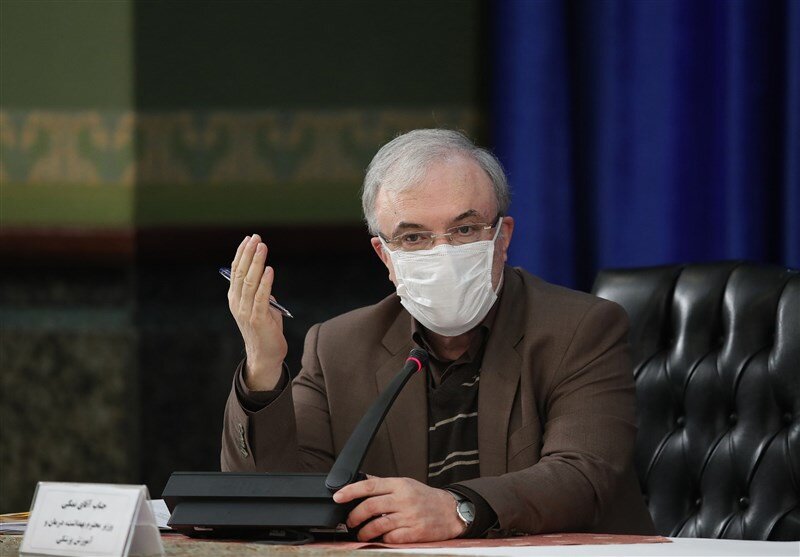Iranian vaccine 6 times more effective than AstraZeneca against mutated virus

TEHRAN – The Pastu Covac vaccine has shown a 62 percent efficiency on new variants of coronavirus first emerged in South Africa and Brazil, 6 times more effective than the AstraZeneca vaccine, Health Minister Saeed Namaki announced on Monday.
The British AstraZeneca vaccine is 11 percent effective against new mutants of coronavirus identified in South Africa and Brazil, he added.
The Iranian Sputnik vaccine will be unveiled on Saturday in the presence of the Iranian ambassador to Russia, he noted, ISNA reported.
The Razi Cov Pars vaccine has passed the first phase of the human trial and its second phase is close to completion, Namaki said, adding, Cinnagen vaccine has completed the second phase of the clinical trial; however, we are supporting several platforms at the same time.
Developed by Cuba's Finlay Vaccine Institute and Pasteur Institute of Iran, Pastu Covac vaccine is a conjugate vaccine with two injectable doses. It consists of the receptor-binding domain of the SARS-CoV-2 spike protein conjugated chemically to tetanus toxoid.
The two first phases of the human trial have been conducted in Cuba, while the third phase is underway with 24,000 volunteers in Iran and 44,000 volunteers in Cuba.
In Iran, it was performed on a population of 18 to 80 years in seven provinces and eight cities across the country.
Mass vaccination
Mass vaccination against COVID-19 started on Iranian citizens with the Russian-made Sputnik V vaccine on February 9.
While Iran continues efforts to mass-produce local candidates, several foreign vaccines have already been imported and others are expected soon.
Iran is also producing vaccines jointly with three countries of Cuba, Russia, and Australia, which may also be released by September.
Homegrown vaccines
COVIRAN BAREKAT, the first coronavirus vaccine made by researchers at the Headquarters for Executing the Order of the Imam, which has received the license for public use on June 14.
The vaccine was unveiled on December 29, 2020, and started to be mass-produced on March 29.
Razi Cov Pars, developed by the Razi Vaccine and Serum Research Institute, is the second Iranian-made vaccine that started the clinical trial on February 27.
The mass production will start with a capacity of 1 million doses per month, after the third phase of the clinical study with at least 20,000 volunteers.
Iran has also successfully completed the first phase of the human trial for Fakhra vaccine, the third domestically developed COVID-19 vaccine, named after nuclear scientist Mohsen Fakhrizadeh (he was assassinated in November 2020 near Tehran), that was unveiled and started the clinical trial on March 16.
The second phase of Fakhra vaccine’s human trial started on June 9 by being injected into 500 volunteers
“Osvid-19”, the fourth domestic vaccine produced by Osvah Pharmaceutical Company is also undergoing human trials, which will also be available in early September.
On May 24, the first coronavirus vaccine made by the private sector in Iran succeeded in receiving the code of ethics and entered the phase of clinical studies.
FB/MG

Leave a Comment